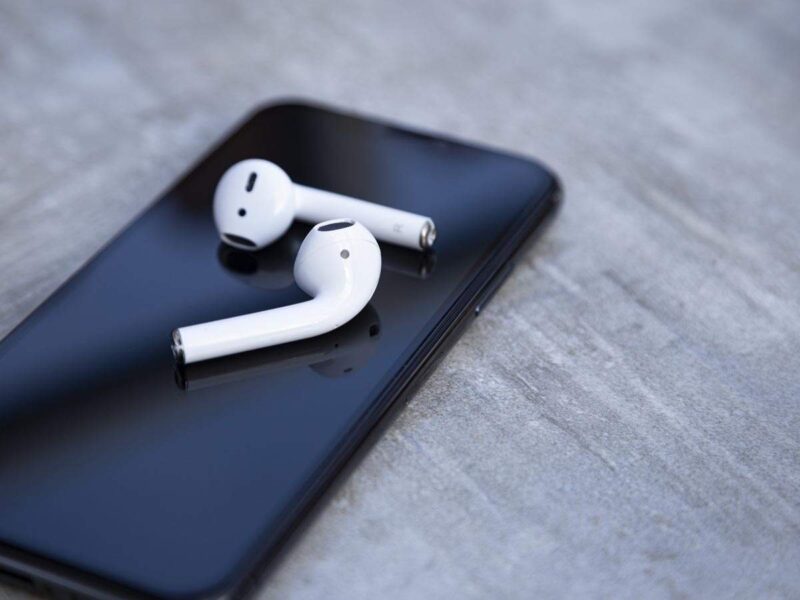Lately, there has been rising worry about whether AirPods could pose health risks, particularly concerning cancer and brain tumors. This article dives into the facts and myths of this topic, offering insight from scientific findings and expert views.
AirPods, like other wireless gadgets, use Bluetooth to connect to phones and devices. Bluetooth sends out low-level non-ionizing radiation, generally seen as safe for daily use. Still, questions about having these devices so close to our heads have raised concerns about long-term health impacts.
Debunking the Myths
Myth: AirPods Cause Cancer
A major myth is that AirPods cause cancer. But many studies show no solid evidence linking Bluetooth devices, including AirPods, to higher cancer risk. The radiation they emit is too weak to damage DNA or cause cell changes leading to cancer.
Myth: AirPods Cause Brain Tumors
There’s also worry about a link between AirPods and brain tumors. Some studies hint at a possible connection between long-term exposure to radiofrequency radiation and brain tumors, but evidence is shaky. The World Health Organization classes radiofrequency fields as ‘possibly carcinogenic,’ meaning more research is needed to be sure.
Can AirPods Cause Cancer? Expert Opinions
Dr. Preadeep Mukherjee, a well-known cancer expert, stresses the need to tell apart ionizing from non-ionizing radiation when considering cancer risks. He says non-ionizing radiation from Bluetooth devices lacks energy to ionize atoms or molecules, so it’s unlikely to cause cancer.
He warns against panic over using AirPods. He points out that while we should be aware of potential health risks, there’s no strong evidence right now linking AirPods to cancer or brain tumors.
Safe Usage Practices
Even as scientists keep studying the long-term health impacts of wireless tech like AirPods, it’s wise to use them safely. Limit how long you use Bluetooth devices, take breaks, and use speakerphone or wired headphones to lower any risks.
The debate over whether AirPods pose health risks is still on, with mixed views and unclear evidence. Staying updated on new research is key, but approach the topic critically and trust credible sources. By understanding the tech, debunking myths, heeding expert advice, and using devices safely, we can make smart choices about using AirPods and other wireless gadgets.











